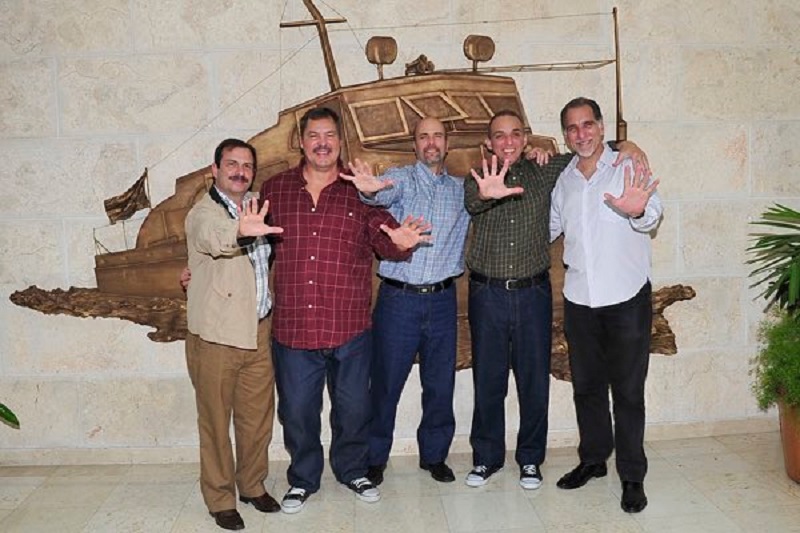In his account on the social network, they hugged René (González) and Fernando (González) in their homeland,” he wrote. Díaz-Canel emphasized that the Five returned.
Army General Raúl Castro had kept a promise from Fidel Castro when he said in 2002: “They will return!”. That day an agreement was reached between Havana and Washington that contemplated the release and return of the fighters against terrorism who still remained in the United States.
For more than 15 years, Cuba fought a tenacious political battle that had the international support of over two thousand organizations in 154 countries.
The anti-terrorist fighters had served unjust and long sentences in prisons in the United States, after a rigged judicial process that accused them of various charges that, in some cases, confined them to more than 100 years of confinement.
The case gained international relevance when an infiltrated network – of which the Five were part -was discovered in radical organizations of Cuban origin based in Florida. As part of their work, the Five monitored actions that threatened the security of the Antillean nation, in order to prevent such terrorist acts against Cuba.
According to data from the Cuban Government, almost 3,500 deaths and more than two thousand disabled people are the balance of the actions organized, financed and executed from the North American country, particularly from Florida.
The five Cuban fighters decided to endure the pressure of the manipulated process, the harassment of the press and the psychological torture during their detention, “without their honor, their integrity and their loyalty to the Cuban Revolution and its people being able to be broken,” he said. Fidel Castro, said after the return of the heroes, “there were no alternatives for the United States government, the release of the Five was not a gift or concession, it was a constant and victorious battle led by an entire people and family members,” the late diplomat and leader Ricardo Alarcón, once stated.
ef/jha/lld










